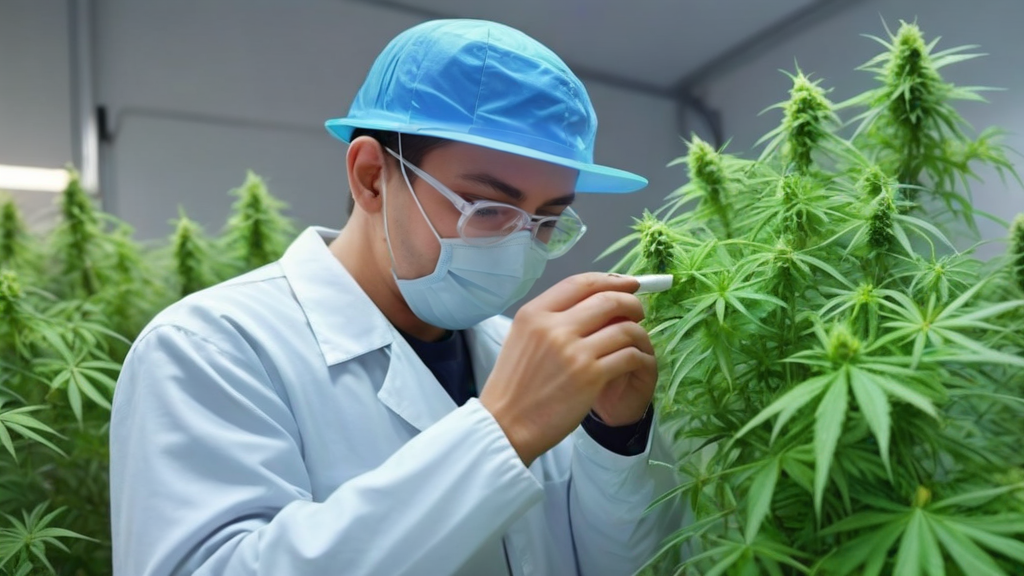CBD and its Therapeutic Impact
Cannabidiol, known as CBD, is a component of cannabis with various therapeutic applications. Unlike other cannabinoids, CBD does not produce psychoactive effects, making it attractive for use in medical treatments. It is attributed anti-inflammatory, antidepressant and neuroprotective properties, among others.
The market has experienced growth in the offer of products with CBD, such as flowers, cosmetics, drinks and oils for topical or food use. However, what is the legal status of these products in Spain?
Legal Considerations of CBD in Spain
The regulation of CBD in Spain is based on the interpretation of international conventions and national and international jurisprudence. Although there is no specific law that regulates its production or consumption, its control is considered based on the 1961 Single Convention on Narcotic Drugs.
The High Court of Justice of the European Union has issued a ruling favorable to the marketing of CBD, contradicting the position of the Spanish Agency for Medicines and Health Products (AEMPS). Despite not being illegal, CBD cannot be sold for human consumption in Spain, nor has it been registered as a food supplement authorized by the AESAN.
Legal Status of CBD in Europe
At the European level, the legality of CBD varies between member countries. The ruling of the High Court of Justice of the European Union has generated debate about the production, consumption and marketing of CBD in different legal contexts.
Legality of CBD for External Use
The use of CBD in cosmetic products is subject to specific regulations. The AEMPS establishes criteria for the production and marketing of cosmetics with CBD, considering the origin of the cannabidiol and its compliance with national and European regulations.
The legal status of CBD for external use in Spain is related to the origin of the raw material and the safety requirements established in Regulation 1223/2009.
